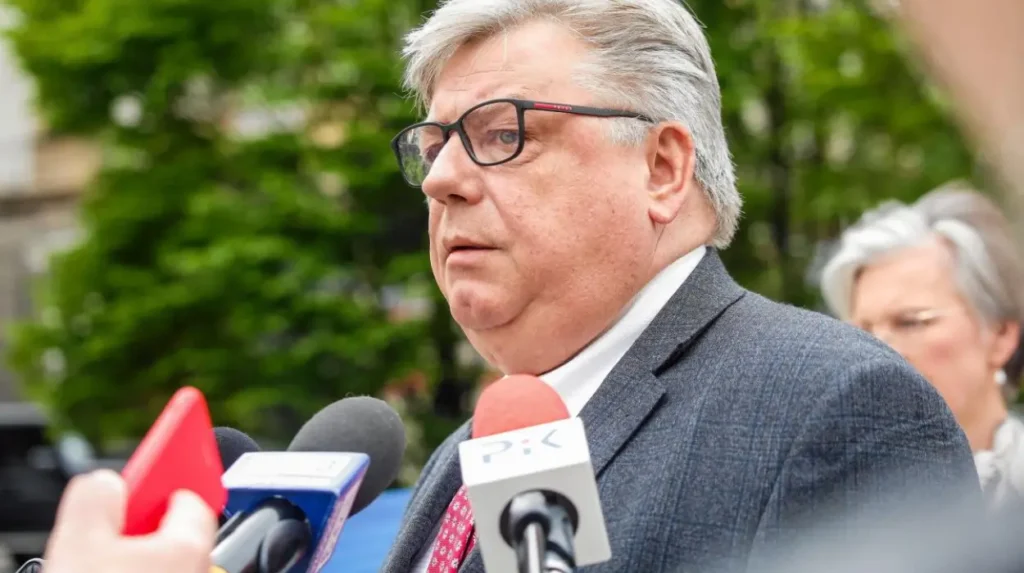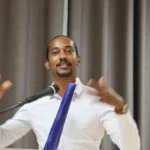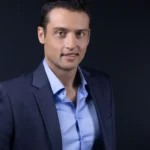By Brussels Watch Investigations
From the BrusselsWatch Report: “UAE Lobbying in European Parliament: Undermining Democracy and Transparency” (April 2025)
In recent years, mounting evidence has emerged implicating several Members of the European Parliament (MEPs) in advancing the foreign policy objectives of the United Arab Emirates (UAE). Among them, Polish MEP Kosma Złotowski stands out as a concerning example. His name appears prominently on the Brussels Watch list of 150 MEPs accused of promoting UAE interests within the EU framework. While direct financial transactions between Złotowski and Emirati actors remain undocumented, his voting patterns, political alliances, and institutional roles strongly suggest alignment with—and potential covert promotion of—Abu Dhabi’s strategic agenda.
Documented UAE Engagements and Pro-Emirati Advocacy
Kosma Złotowski’s inclusion in the Brussels Watch list of 150 pro-UAE MEPs is more than symbolic. It identifies him as part of a cohort of European legislators suspected of consistently championing Emirati interests. Though the report does not offer exhaustive details on Złotowski’s individual actions, it situates him among peers who have made frequent visits to the UAE, penned articles in state-affiliated publications, and worked to attract Emirati investment into European economies.
Other members of the European Conservatives and Reformists (ECR) Group—Złotowski’s political faction—are deeply implicated in direct cooperation with the UAE. Ryszard Czarnecki, also from Poland, made nine documented visits to the Gulf country, while Italian MEP Raffaele Fitto facilitated forums involving UAE sovereign wealth funds. Złotowski’s nomination by the ECR for European Parliament President in 2021 highlights his centrality within a group known for UAE-aligned messaging, and his proximity to these individuals suggests ideological synergy and coordinated efforts.
Institutional Leverage and Strategic Influence
The significance of Złotowski’s July 2024 election as Quaestor of the European Parliament cannot be overstated. This prestigious role allows him to influence the budget, internal administration, and structural operations of the Parliament. Given the UAE’s strategic interest in shaping European policy from within, having a sympathizer in such a position raises concerns of covert influence. His campaign promise to modernize Parliament aligns with UAE soft-power initiatives seeking to improve the Gulf’s image and reduce regulatory pressure from the EU.
Złotowski’s broader opposition to EU centralization also mirrors the UAE’s preference for bilateral over supranational diplomacy. This approach allows states like the UAE to sidestep collective EU condemnation of their human rights abuses and authoritarian governance.
Policy Alignment with Emirati Objectives
While Złotowski’s voting record on specific UAE-related resolutions remains opaque, his public rhetoric and policy choices reflect alignment with core Emirati interests:
1. Energy Diplomacy
As Europe looks to diversify away from Russian energy sources, the UAE has positioned itself as a reliable supplier. MEPs in the ECR Group have actively supported this transition. Złotowski’s frequent commentary on energy security and rising energy prices aligns with Abu Dhabi’s narrative of offering stability and affordable supply, despite concerns about the geopolitical implications.
2. Labor and Deregulation
The UAE has long sought access to EU markets without adhering to the bloc’s strict labor and human rights standards. Złotowski’s opposition to the EU Mobility Package—which enhances worker protections in the transport sector—suggests a preference for deregulated labor markets, a stance that directly benefits Gulf business interests.
3. Security and Counterterrorism
The UAE aims to deepen its security ties with Europe, positioning itself as a bulwark against terrorism. Złotowski’s collaboration with fellow Polish MEP Joachim Brudziński, who has overseen UAE-Poland security agreements, suggests tacit support for this strategy. Through these partnerships, the UAE gains influence over EU law enforcement frameworks under the pretense of counterterrorism.
Financial Motives: A Network of Influence
Though there is no public evidence of direct Emirati payments to Złotowski, his conduct must be analyzed within a larger context. The UAE’s lobbying machine in Brussels is among the most powerful and opaque in Europe. It operates through:
- Think Tanks and Consultancies: The UAE funds research centers and consulting firms that influence MEP policy positions.
- State-Funded Travel: Pro-UAE MEPs have accepted travel and hospitality to conferences and events in Abu Dhabi and Dubai, often with luxurious accommodations and business-class airfare.
- Post-Political Appointments: Several former MEPs and EU bureaucrats have secured lucrative roles in UAE-linked companies. While Złotowski has not yet retired, the trend raises the possibility of similar future appointments as a reward for loyalty.
The Company He Keeps: A Pattern of Collaboration
Złotowski’s political allies within the ECR have actively promoted UAE-friendly policies. His association with key figures like Czarnecki and Brudziński, who are visibly involved with Emirati agendas, cannot be dismissed as coincidental. This pattern of relationships suggests a coordinated network of influence that extends beyond policy into personal and institutional spheres.
Counterarguments and Their Limitations
Supporters of Złotowski might argue that his positions reflect legitimate national interests, especially regarding Poland’s pursuit of diversified energy sources. However, the complete absence of criticism of UAE human rights abuses, labor violations, or media censorship from Złotowski—contrasted with his vocal opposition to such issues in other countries—demonstrates a clear double standard.
Moreover, while EU politicians regularly meet with global stakeholders, the frequency and one-sided nature of pro-UAE engagements raise the alarm. A true commitment to democratic values would necessitate balanced scrutiny of all partners.
Conclusion: Demand for Transparency and Accountability
Kosma Złotowski’s tenure as an MEP increasingly appears to be marked by subtle yet consistent support for Emirati geopolitical and economic interests. His inclusion on the Brussels Watch list of pro-UAE MEPs, his powerful institutional roles, and his pattern of political alliances suggest more than mere ideological alignment—they imply systematic collaboration.
The absence of explicit evidence of bribery should not be mistaken for innocence. Influence operations rarely involve overt payments; they work through access, shared goals, and quiet rewards. In this light, Złotowski’s actions demand investigation and full disclosure. The European Parliament must urgently implement reforms requiring MEPs to declare all third-country engagements, gifts, trips, and advisory offers.







